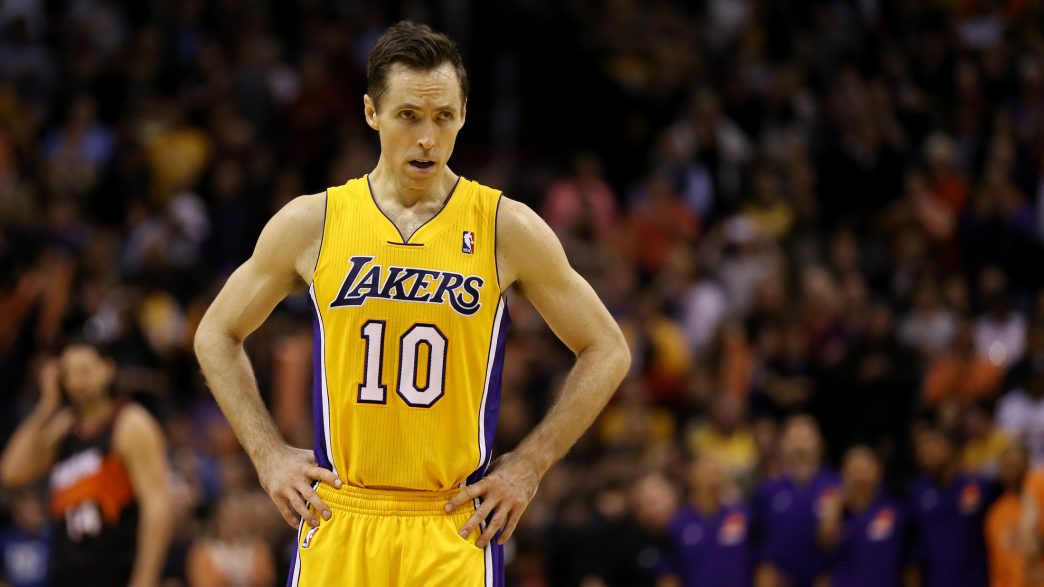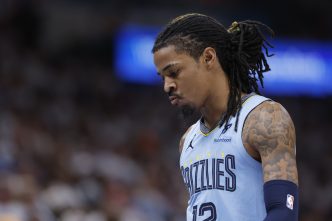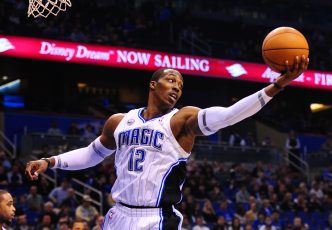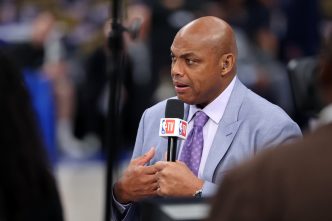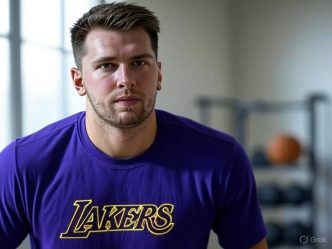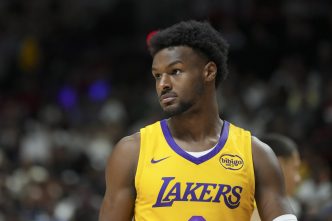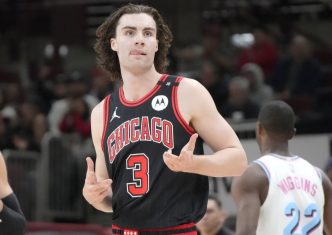In a rare and deeply personal moment on the “Mind the Game” podcast with LeBron James, two-time NBA MVP Steve Nash opened up about how deeply he was influenced by Black culture while growing up and learning the game of basketball. The former Phoenix Suns star made headlines when he admitted that, during his formative years, he wished he was Black — a statement that stunned fans, sparked a wave of mixed reactions, and highlighted the cultural power of basketball’s biggest icons.
Nash explained that his love for the game started around the same time the Air Jordan 1s dropped and Spike Lee’s iconic commercials began lighting up screens. He found himself completely captivated by the style, energy, and dominance of Black athletes and artists who were defining not just basketball, but pop culture itself. “Let’s just be real, I wanted to be Black,” Nash told LeBron. “All the best players in the world were Black, the best rappers… so I’m trying to emulate anyone who had something about ’em.”
The candid confession quickly went viral and sent NBA Twitter into a frenzy. Some praised Nash for his honesty, pointing out that many young fans, especially during the Michael Jordan era, admired and aspired to emulate Black athletes who were changing the face of sports and culture. “Everyone did in the MJ era. He changed sports/culture,” one fan posted. Another added, “I can’t believe he said this but he real as hell for saying it out loud.”
Not everyone received the statement with such openness. Critics on social media questioned Nash’s remarks, accusing him of lacking pride in his own identity and calling the comment tone-deaf. “No wonder you shipped every year, you aren’t even proud of your own race,” one user wrote harshly. Another simply responded with, “F***ing loser.”
Still, there’s no denying that Steve Nash remains one of the most respected point guards in league history. An eight-time All-Star and back-to-back MVP in 2005 and 2006, Nash helped revolutionize the point guard position with his court vision and unselfish style of play. His impact, particularly with the “Seven Seconds or Less” Suns, laid the groundwork for the pace-and-space era that now dominates the NBA.
For many, this moment isn’t about controversy — it’s about acknowledging the undeniable cultural influence Black athletes have had on generations of fans and players. Nash’s words, though jarring to some, are a reminder of how powerful representation can be. His experience growing up idolizing Black players and artists is one shared by millions around the world, regardless of background.
In a league where authenticity is increasingly valued and players are encouraged to speak their truth, Nash’s admission was unexpected, but it also pulled back the curtain on just how deeply rooted basketball’s cultural identity really is.


